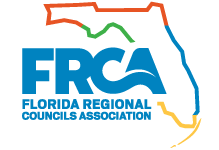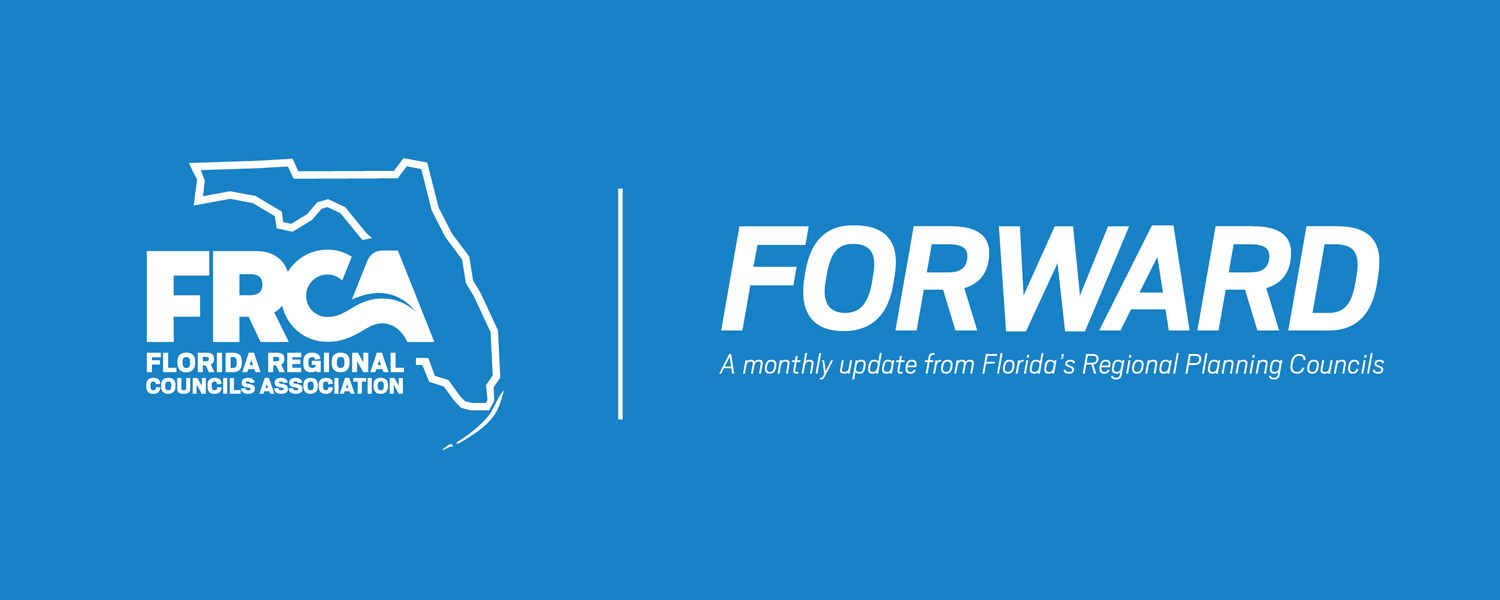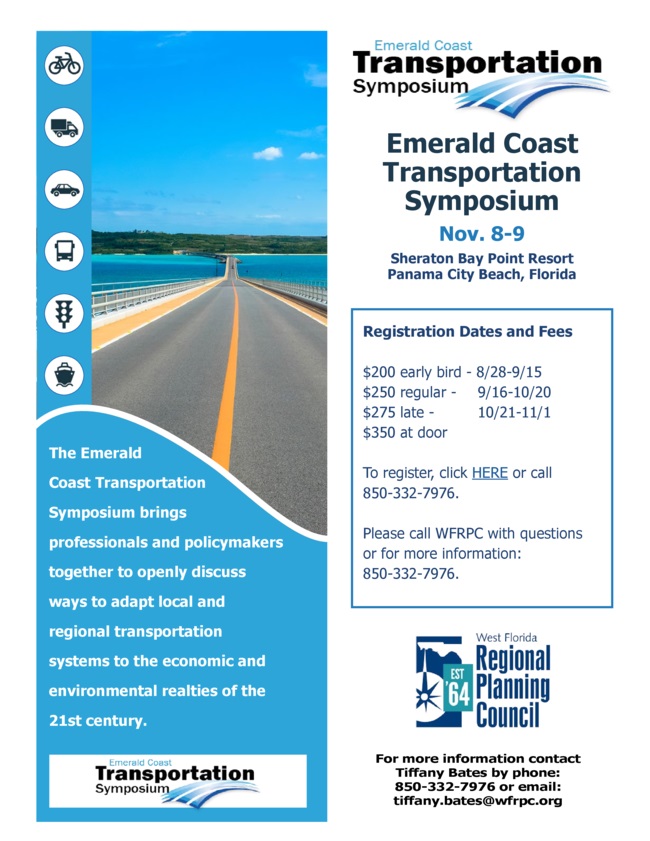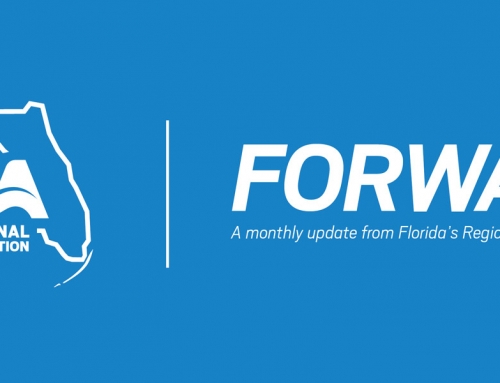Central Florida RPC Drafts Post-Disaster Recovery Regulations
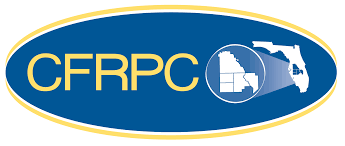
The Central Florida region was significantly impacted by three hurricanes in 2004 including Hurricanes Charley, Jeanne and Frances. Thousands of Central Florida residents and businesses were displaced due to the hurricanes, and the situation was exacerbated by existing zoning regulations in which recreational vehicles, manufactured and mobile homes, and manufactured buildings were not permitted uses in several zoning districts for even temporary accommodations during recovery periods.
Through a grant from the Florida Department of Economic Opportunity (DEO), the Central Florida Regional Planning Council (CFRPC) worked with the five counties of DeSoto, Hardee, Highlands, Okeechobee and Polk and the 25 municipalities within these counties to analyze the existing land development regulations (LDRs) and draft new regulations to address the needs of citizens, businesses, and local governments after a disaster.
The CFRPC is currently coordinating with the counties and municipalities throughout the region to amend their respective regulations allowing for temporary accommodations. These efforts will speed the rebuilding efforts, and help to sustain the economic viability of a community after a disaster.
Tampa Bay RPC Hosts the Florida Blue Carbon & Sustainability Workshop
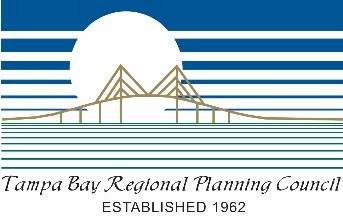 On August 24, 2017, the Tampa Bay Regional Planning Council hosted a Florida blue carbon & sustainability workshop. This workshop was attended by regional planning council members, sustainability coordinators, economic developers, urban planners, NGOs, & resource managers. Coastal wetlands are an integral part of the Florida landscape, providing many benefits to the surrounding community. A newly recognized benefit is the ability of coastal wetlands to address climate adaptation and resiliency goals through carbon capture (“blue carbon”). Blue carbon presents a new opportunity to address climate adaptation and mitigation, and tap into carbon finance to support coastal restoration through market incentives. The workshop was sponsored by the National Estuarine Research Reserve System Science Collaborative, Restore America’s Estuaries, Tampa Bay Regional Planning Council, Tampa Bay Estuary Program and Rookery Bay National Estuarine Research Reserve.
On August 24, 2017, the Tampa Bay Regional Planning Council hosted a Florida blue carbon & sustainability workshop. This workshop was attended by regional planning council members, sustainability coordinators, economic developers, urban planners, NGOs, & resource managers. Coastal wetlands are an integral part of the Florida landscape, providing many benefits to the surrounding community. A newly recognized benefit is the ability of coastal wetlands to address climate adaptation and resiliency goals through carbon capture (“blue carbon”). Blue carbon presents a new opportunity to address climate adaptation and mitigation, and tap into carbon finance to support coastal restoration through market incentives. The workshop was sponsored by the National Estuarine Research Reserve System Science Collaborative, Restore America’s Estuaries, Tampa Bay Regional Planning Council, Tampa Bay Estuary Program and Rookery Bay National Estuarine Research Reserve.

_____________________________________________________________________________________________________________________________________

